By — Danny Kistner
We don’t really think about how much waste we actually create.
Most of the time, we consume and throw away without dwelling on the why or how. We don’t often think about these things, because we don’t often know their repercussions. A ⅓ pound burger takes 660 gallons of water. Of the plastic waste created by the beauty industry as much as 70% is not recycled. By 2050, there will be more plastic in the ocean than fish, plastic that is only there because of us—humans.
These all seem like issues we can do nothing about; disposable plates are already made, what does it make a difference if we buy and use them? Food waste decomposes anyway, right?
This is not usually the case.
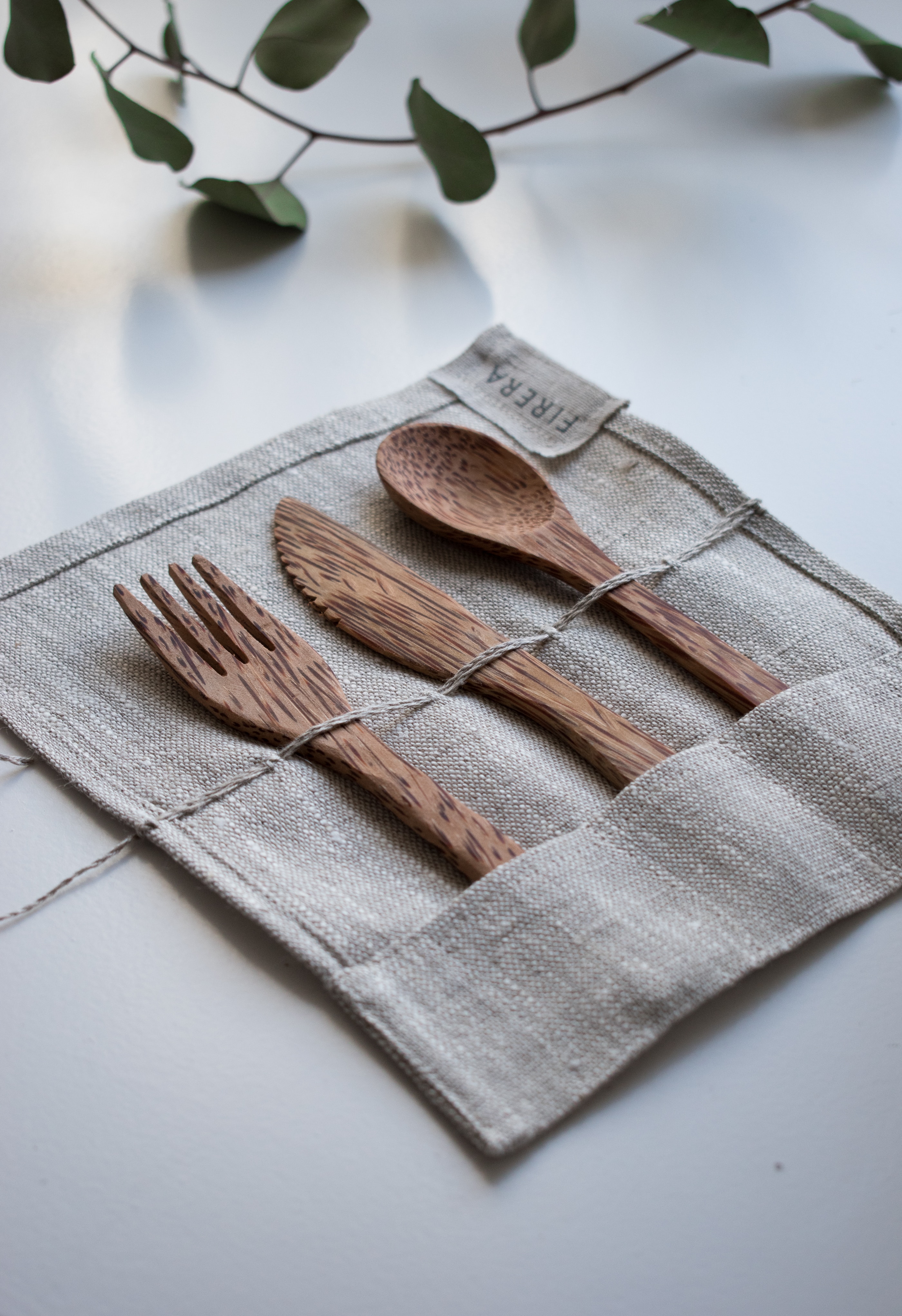
First and foremost, food waste in landfill does eventually decompose, but it creates methane, a gas that is extremely harmful to the environment and increases the speed of global warming. Secondly, avoiding disposable or single-use products is easy; something that is starting to be called going zero waste.
Going zero waste can be defined as a lifestyle choice wherein you reduce your own carbon footprint by cutting down on your use of single-use plastic and make conscious decisions regarding what you buy and from who. It’s more a loose idea centered around sustainable living, something that most simply think about as making better decisions; doubling back on how much take-out you order, on buying second-hand as opposed to brand new, and riding your bike more than driving your car.
From the outside, it seems like an extremely tedious process, but several students—and their families—have already started leaning in the direction of a more zero waste lifestyle. The Pack’s very own Mia Parada and Taylor Burne, are two of these students.
Why did you decide to go zero waste?
Mia – Because I realized that the planet is dying and I think we need to help it and I think helping it in any way we can is a good step forward.
Taylor – Because [my family] had been seeing on the news how doomed we are basically, and even though we can’t do a whole lot, we can do what we can.
Would you say that it’s just as easy as before? Why?
Mia – You eat healthier, it’s easier to keep your body and mind at peace. It’s definitely hard sometimes but once you get the hang of it, it’s easy.
Taylor – It really is. Some people think it’s too expensive, but it’s just a one time purchase that lasts for years. It’s actually easier because you don’t have to worry about throwing things away. Reusable bags, bottles; it’s all simple.
Would you say that anyone is capable of it?
Mia – Oh, for sure. If anything, you save money.
Taylor – Oh, definitely.
Do you think that you are making a difference, even on a personal scale?
Mia – Yes, I think I’m making a difference because it’s showing the companies that make the plastic products that people don’t want them anymore. Once more and more people start doing it, it will really help in making eco-friendly products.
Taylor – I feel that I am because I feel better that I just tried to help, and if everyone just did a little bit, that could make a difference. Everyone has to do their part.
Do you think that more people should go zero waste, if not at least change a few things in their lives to be more aware?
Mia – Yes, I think more people should go zero waste, because the more people that become aware, the more they can change the earth on a bigger scale.
Taylor – I think people should definitely go zero waste, or at least try, because in the long run, but I think the impact can be really positive. To break the habit once the hard part is over, you feel really good about yourself.
We don’t really think about how much waste we actually create, but we should and we can. A zero-waste lifestyle is entirely attainable and it doesn’t have to be terribly expensive either, as Anita Vandyke (@rocket_science) has said,
“Sustainability has to be sustainable for you.”
It’s important to understand, too, that going zero waste means more than just reusing or recycling, it’s being aware of what you consume, of how companies use and consume, and what your needs are.
There is no wrong way to go zero waste. Nor is there a wrong way to try.
Further Reading —
https://learn.eartheasy.com/guides/zero-waste-a-beginners-guide/
https://www.litterless.com/start-here-zero-waste
https://www.litterless.com/bulk-food-guide/virginia
https://www.edf.org/climate/methane-other-important-greenhouse-gas
https://www.edf.org/climate/methane-other-important-greenhouse-gas
http://www.whatthehealthfilm.com/facts
Further Watching —
https://www.youtube.com/watch?v=pF72px2R3Hg
https://www.youtube.com/watch?v=BxKfpt70rLI
https://www.youtube.com/watch?v=cd48LW3qeNE
https://vimeo.com/ondemand/whatthehealth
https://www.youtube.com/watch?v=waUYdw9wVts (Keep in mind this is an advertisement as well)
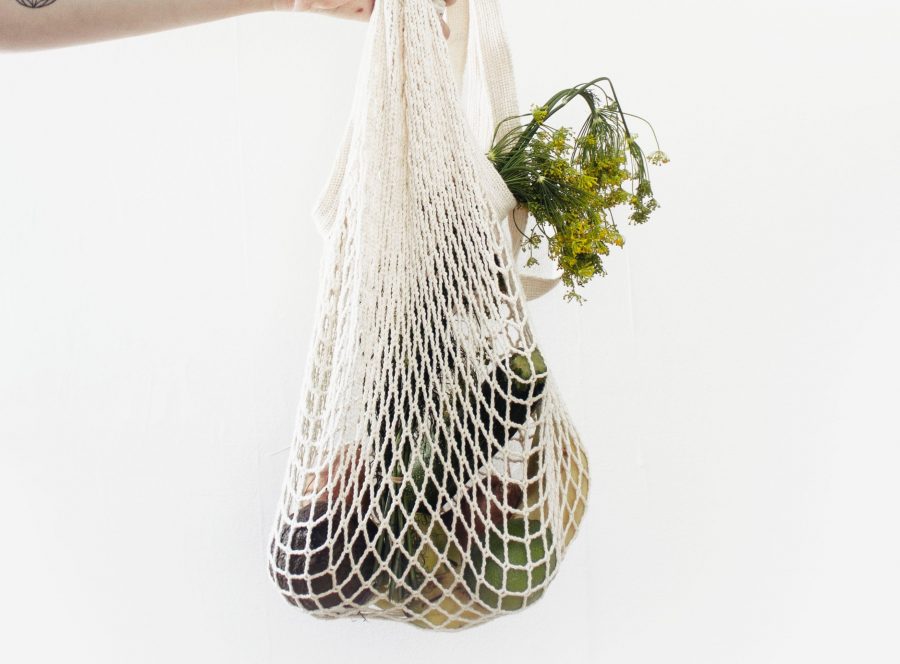

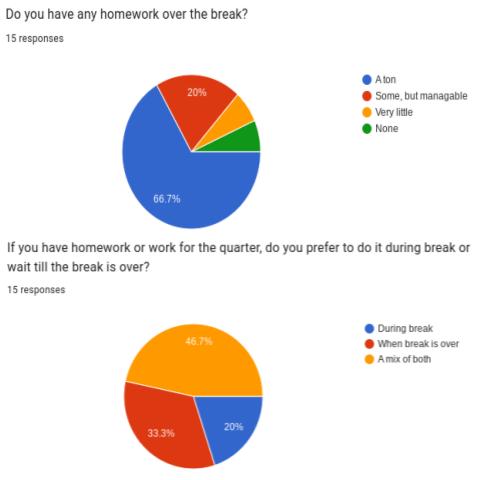
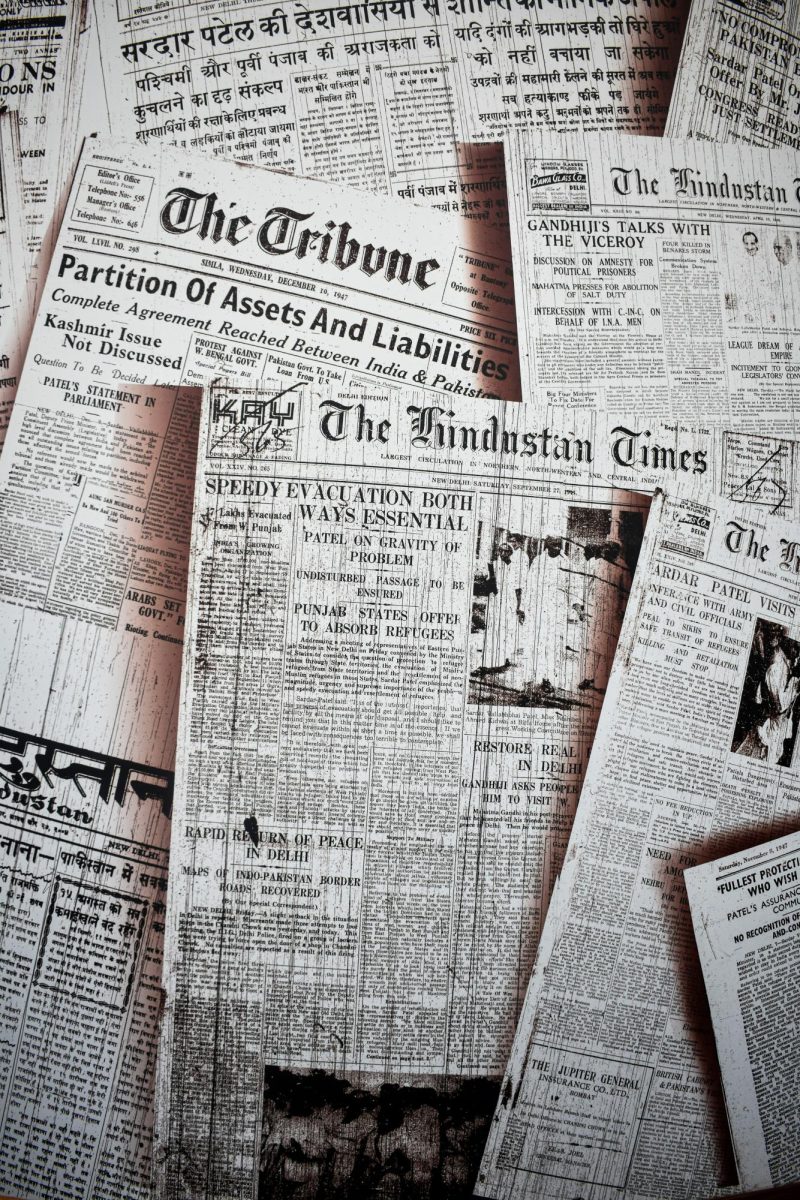

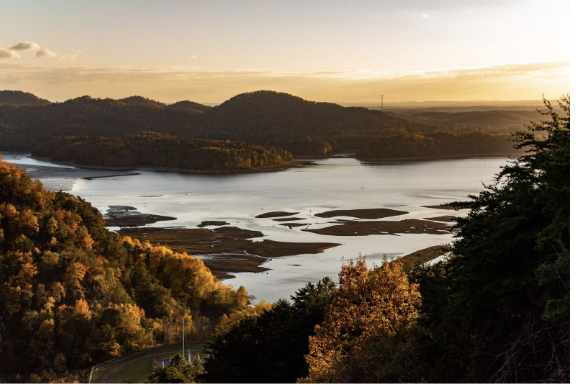

Anonymous • Oct 9, 2019 at 2:22 pm
Great read! I’m not completely zero waste yet, but I have a Hydroflask (sksksks) and we use reusable bags for grocery stores. Thanks for sharing your opinion and spreading the word. 🙂